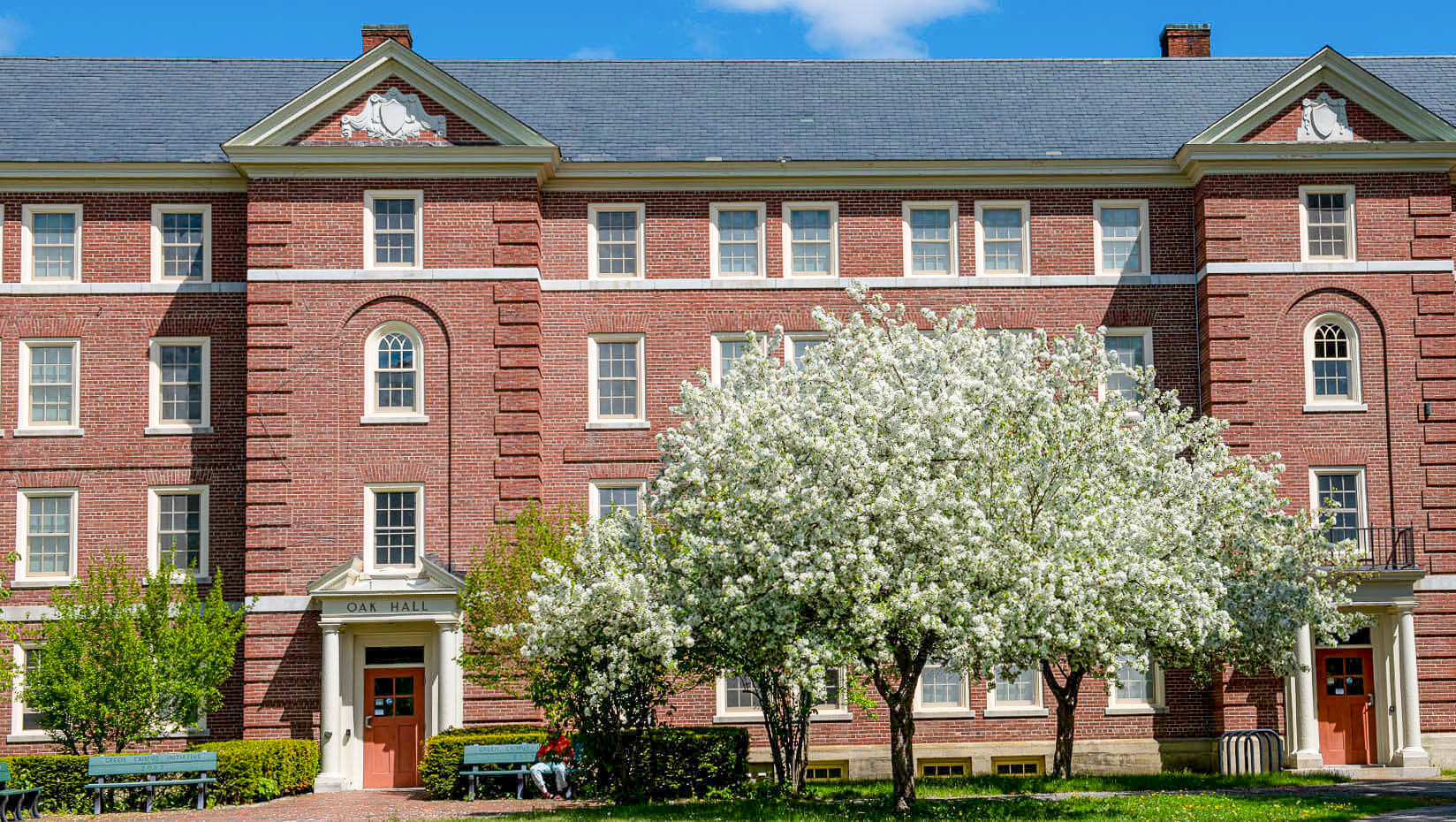
Nobel Prize-winning physicist and educator Carl Wieman to receive UMaine honorary degree
The University of Maine will confer an Honorary Doctorate of Humane Letters to internationally recognized researcher and educator, and Nobel Prize winner Carl Wieman during its 221st commencement ceremony on May 6.
“We are honored to celebrate Dr. Wieman’s international acclaim for research in optical and atomic physics, and his groundbreaking leadership in the use of evidence-based pedagogies in STEM education,” says UMaine President Joan Ferrini-Mundy. “His decades of leadership, tireless work and dedication to the fields of science and education support the preparation of an innovative and prepared STEM workforce for the future of Maine and the nation.”
Wieman received his Ph.D. in physics from Stanford University in 1977. He has held a joint appointment as professor of physics and of the Graduate School of Education at Stanford University since 2013, and before that was at the University of British Columbia and University of Colorado.
Wieman has done extensive experimental research in both atomic physics and science and engineering education at the university level. He has received numerous awards for both, including the Nobel Prize in Physics in 2001 and the Carnegie Foundation Professor of the Year award for education in 2004.
Wieman served as founding chair of the Board of Science Education of the National Academy of Sciences and was the founder of PhET, which provides online interactive simulations that are used 100 million times per year to learn science. He served as associate director for science in the Office of Science and Technology Policy in the White House from 2010–12.
Wieman directed the science education initiatives at the universities of Colorado and British Columbia, which carried out large scale change in teaching methods across university science departments. He has led efforts that leverage findings from discipline-based education research to improve learning opportunities for undergraduate STEM students — an approach utilized by UMaine’s Faculty Incentive Grant and Maine Learning Assistant Program. Wieman published a book on large-scale change, “Improving How Universities Teach Science; Lessons from the Science Education Initiative.”
He is currently studying expertise and problem-solving in science and engineering, and how this can be better measured and taught. He is also studying intro physics labs, including showing and explaining the ineffectiveness of traditional ones, and how intro labs can be improved.
Most recently, he has been awarded the Yidan Prize for educational research.
Contact: Margaret Nagle, nagle@maine.edu
